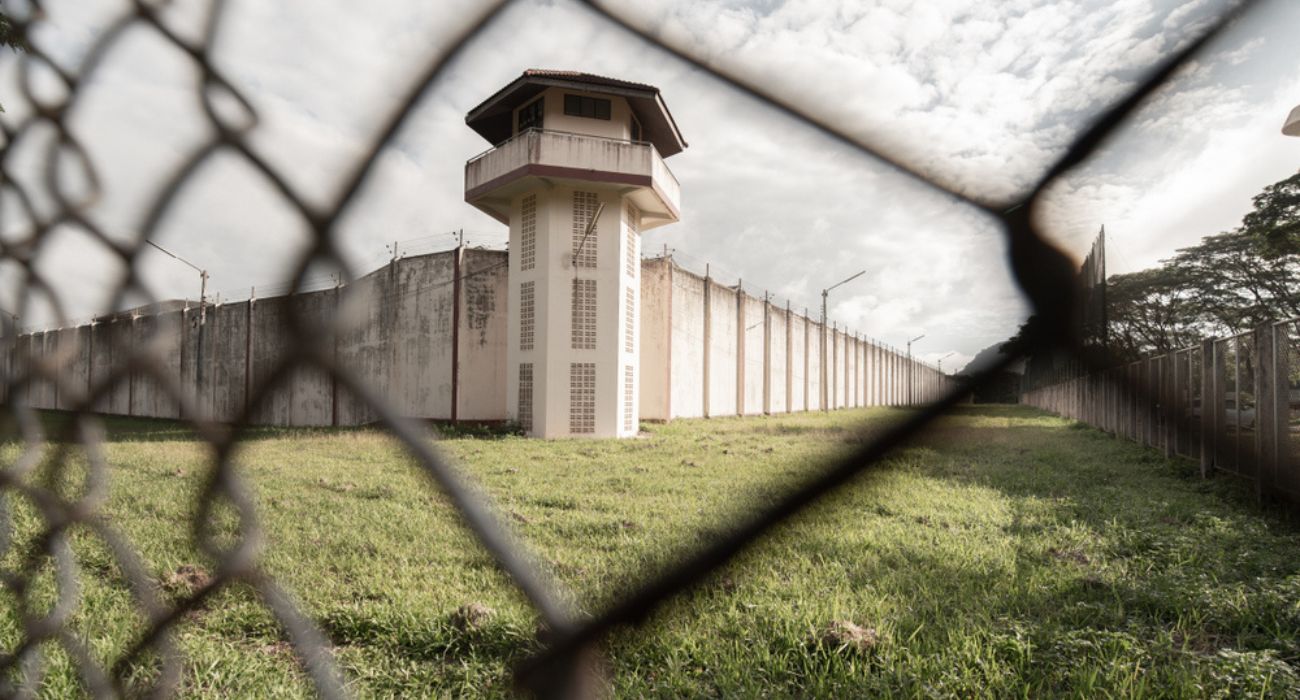A new policy at the Texas Department of Criminal Justice concerning approved books for inmates has left some shipments in limbo, according to a report.
A spokesperson for Inside Books Project, an Austin-based organization that sends free reading materials to individuals incarcerated in Texas, said book packages sent to state prisons began getting sent back on September 21.
The Texas Department of Criminal Justice (TDCJ) allegedly told the spokesperson that it was sending packages back because of a new policy that requires organizations like Inside Books Project to reapply to maintain their vendor status. A reason for the new policy was allegedly not provided to the organization.
“I went to the post office to pick up our mail, and one of our boxes of packages that we had sent to a unit had been returned and stamped ‘no longer approved vendor’ on the box,” the spokesperson told KERA News. “We’ve been doing this for 25 years, and we’ve never had a problem.”
TDCJ said the policy is part of its new digital mail program that aims to boost security.
“All incoming general correspondence for inmates is sent to a centralized location for sorting, scanning, and uploading to the inmate’s secure tablets,” said Amanda Hernandez, TDCJ’s director of communications, in a statement to The Dallas Express.
“Exceptions to this include legal mail; certified mail; media mail; and books, magazines, packages, and other subscriptions from publishing companies, which are sent to the unit. During the lockdown, books and pamphlets provided by nonprofit organizations were unable to be scanned and were returned as they were not from a publishing company,” Hernandez said.
The Texas prison system instituted a statewide lockdown last month after a spike in drug-related crimes, as reported by The Dallas Express. The decision was reportedly made after paper soaked in synthetic THC was mailed to a prison, according to The Texas Tribune.
Inmates have access to the Gutenberg Library on their tablets, according to TDCJ, as well as books in the prison libraries. Books sent from publishing companies are still allowed to be received by Texas prisons.
“TDCJ continues to improve its mail procedures to ensure organizations can send informational materials while also protecting the safety of its population and staff,” Hernandez told The Dallas Express. “These organizations can resume sending their books to TDCJ units where they will undergo increased inspections and then be provided to the designated receiver. To expedite inmates receiving the materials, any item that can be scanned should be sent to the Digital Mail Processing Center to be uploaded to inmate tablets.”
“TDCJ will continue to leverage new technology on the tablets to provide materials to the inmate population while reducing contraband in its facilities,” Hernandez added.
The spokesperson for the Inside Books Project suggested the policy has negatively impacted the health of inmates.
“We get people that write for information on, like, legal resources. People who need health resources,” the Inside Books Project spokesperson said, per KERA News. “There’s people that are trying to learn different trades so they can get jobs when they get out, things like that. And people also just want, you know, books to read to pass the time and for their mental health.”
The TDCJ has also begun enforcing restrictions on what books can be sent to its prisons, according to the Marshall Project. The agency can reject content that depicts sexual behavior in violation of state law, such as “rape, incest, sex with a minor, bestiality, necrophilia or bondage.”
Another organization that donates books, PEN America, released a statement Tuesday denouncing TDCJ’s policy. Moira Marquis, a senior manager for PEN America’s Freewrite Project, claimed the TDCJ is promoting “blanket censorship.”
“This is a violation of publishers’ and distributors’ First Amendment rights,” Marquis alleged. “You can’t just artificially decide that certain people are allowed to distribute literature and other people are not allowed to for no criteria.”






